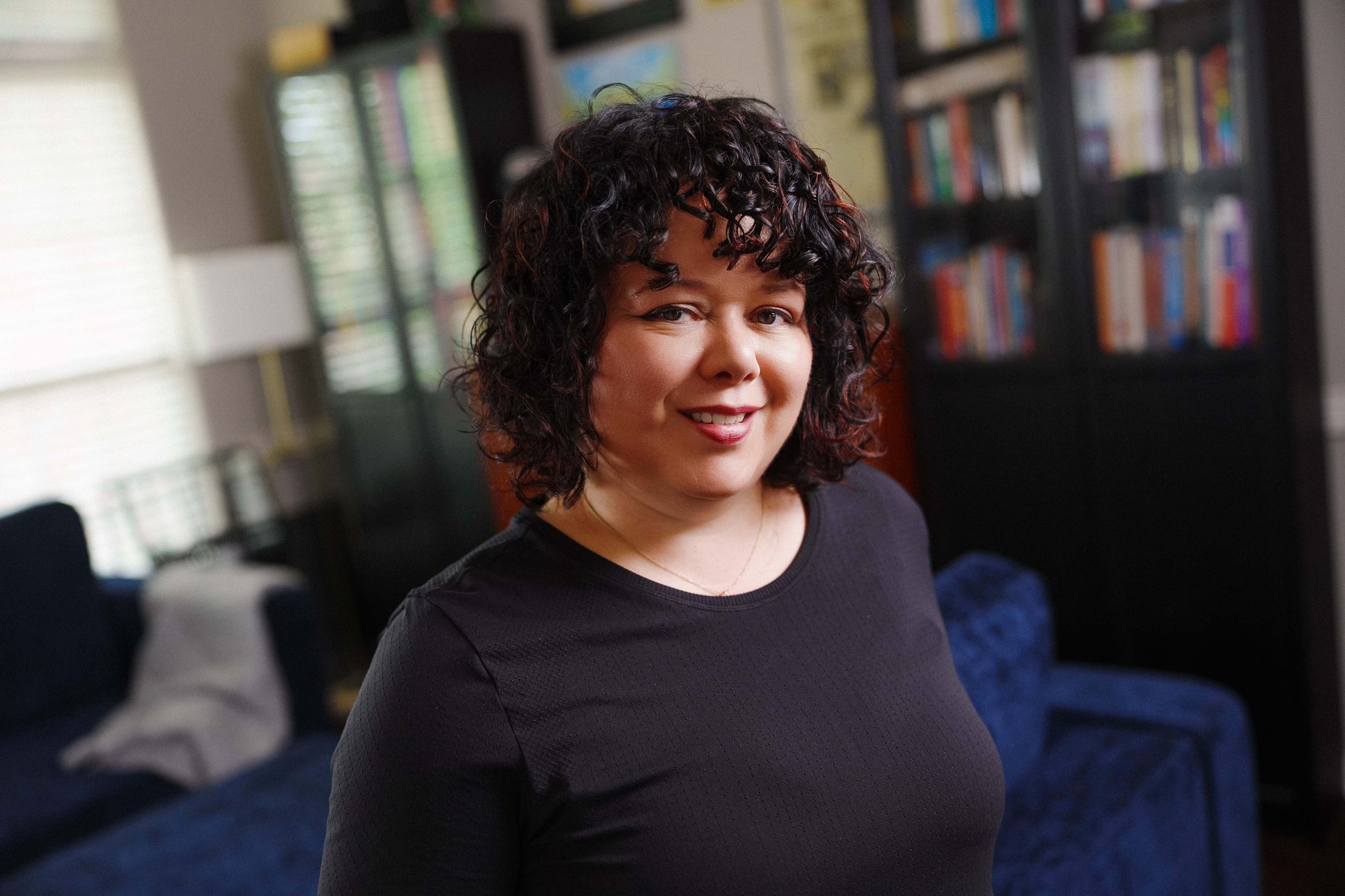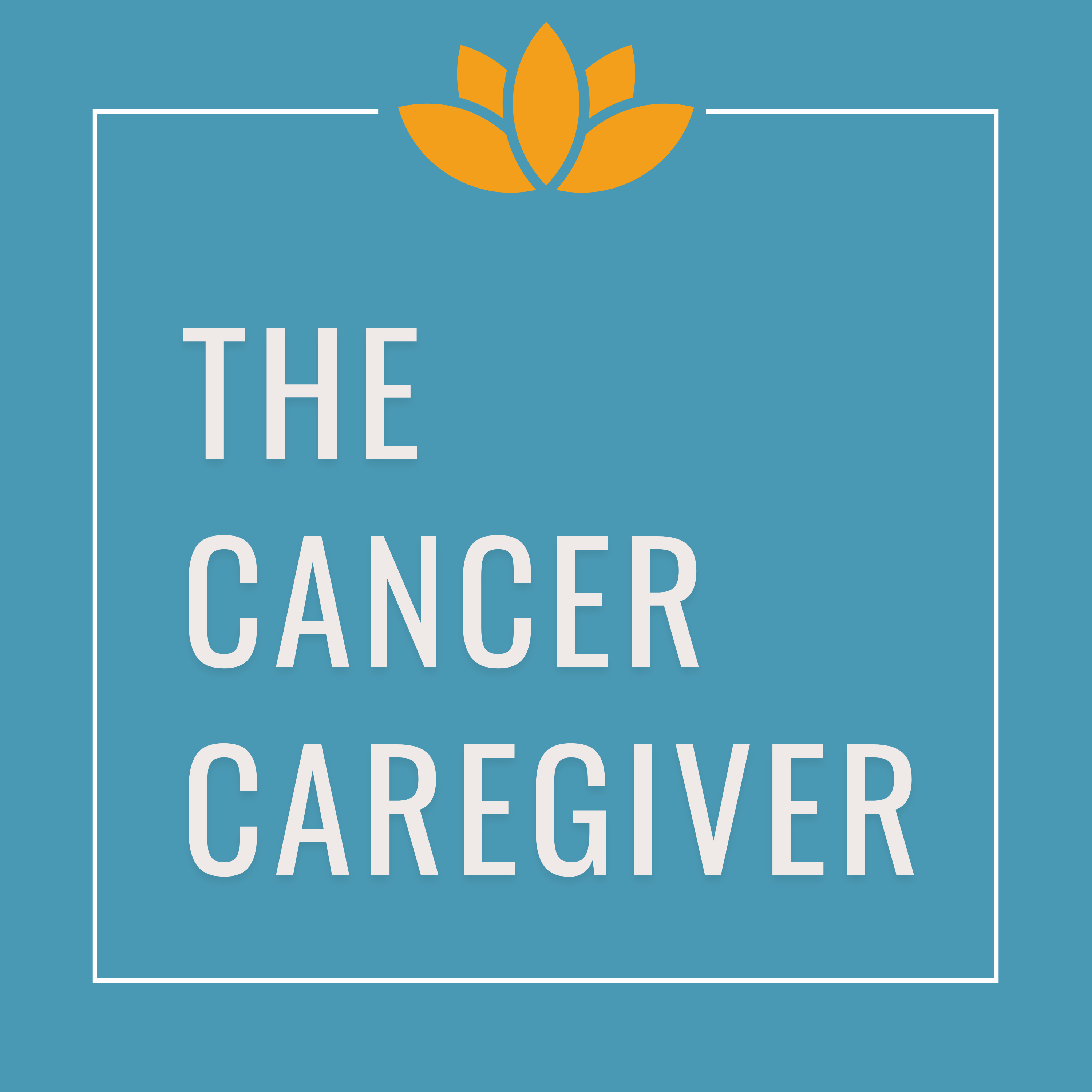You’ve Become Everyone Else’s Caregiver and Forgotten How to Take Care of Yourself

When was the last time you did something simply because you wanted to?
Not because someone else needed it, not because it fit between appointments or chores, just because it brought you joy?
If it’s hard to answer, you’re not alone.
At some point in your caregiving journey, you stopped being you.
Not on purpose.
Not dramatically.
It happened in small, quiet ways, one decision at a time, one crisis after another. Somewhere between the scan results, the meds, and the late-night Googling, you slowly became everyone else’s caregiver and forgot how to take care of yourself.
The Moment You Realize You’re Gone
In Reclaiming Yourself While Caregiving: 4 Ways to Begin Again, I talk about the moment caregivers realize they’ve become a version of themselves they don’t recognize.
You wake up one day and notice that every thought revolves around someone else’s needs.
“People ask how you’re doing, and you automatically report how your loved one is doing.”
That’s the shift.
Your sense of self starts to fade, not because you stopped caring about who you are, but because survival demanded you focus outward.
Before long, you move through the day like a caregiving robot, efficient, reliable, but emotionally hollow.
You remember who you used to be only in stolen moments:
- sitting in the car after an appointment
- zoning out in the shower,
- feeling a sudden pang when a song from “before” plays.
Recognizing this isn’t failure. It’s awakening. It’s the whisper that says, You still exist.
The Empty Tank Assessment
If you feel like you’ve lost yourself, start by noticing where you are. In Reclaiming Yourself While Caregiving, I walk through what I call the Empty Tank Assessment. A quick, judgment-free check-in with yourself
Ask yourself, on a scale of 1 to 10:
- Where is your physical energy?
- Where is your emotional capacity?
- Where is your mental clarity?
- And most importantly, where is your sense of self?
You might realize you’re running on fumes, and that’s not because you’re weak. It’s because caregiving is an ongoing drain that rarely gives back.
The goal isn’t to fix everything today. It’s simply to notice what needs refueling.
“When you notice you’re running on empty, you’re not failing. You’re waking up.”
What Refueling Really Looks Like
Refueling doesn’t mean spa days or long vacations. It’s smaller, quieter. It’s micro-moments of reconnection.
- Maybe it’s taking the long way to the car after an appointment so you can breathe in fresh air for sixty uninterrupted seconds.
- Maybe it’s standing by the window and feeling sunlight on your face before opening another medical portal.
- Maybe it’s letting yourself say, “I don’t know,” instead of solving everything instantly.
These aren’t indulgences. They’re lifelines.
They tell your nervous system, I still matter.
The Fear of Abandonment
One of the hardest things about reclaiming yourself is the fear that doing so means abandoning someone you love.
In How to Find Yourself Again (Without Abandoning Anyone, I share a story about deciding not to go to one of my husband’s scans. Every fiber of me screamed that I should be there.
What kind of caregiver doesn’t go?
But I stayed home, and nothing fell apart.
He handled it.
I got to breathe.
And when he called later, I realized something powerful: He didn’t need me to be everywhere to feel loved.
“You are not abandoning anyone. You are honoring yourself and your role as someone who cares deeply and sustainably.”
This is the recalibration caregivers need to survive long-term.
Love doesn’t always mean presence; sometimes it means trust.
Wishing for Yourself Again
Maybe the easiest way to start coming back to yourself is by noticing where your wishes go.
In the episode Do You Ever Wish for Yourself?, I ask:
When was the last time you wished for you?
- Not for clean scans.
- Not for smooth treatments.
- Not for peace for someone else.
For you.
To sleep well.
To feel seen.
To have a friend bring your favorite coffee.
Relearning how to wish for yourself isn’t selfish; it’s self-respect.
Four Ways to Begin Again
If you’re ready to start finding your way back to yourself, try these four gentle steps:
- Notice without judgment.
You don’t need to fix yourself. You only need to acknowledge that you’ve drifted away. - Reclaim small rituals.
Do one thing every day that belongs only to you—music, journaling, a walk, a quiet breath. - Set micro-boundaries.
Start with something tiny, like saying, “I’ll check that after lunch.” Each no creates space for a yes to yourself. - Practice self-trust.
When you choose rest, believe that things won’t fall apart without you. Let others rise to the occasion.
You’re not starting over, you’re starting with yourself again.



